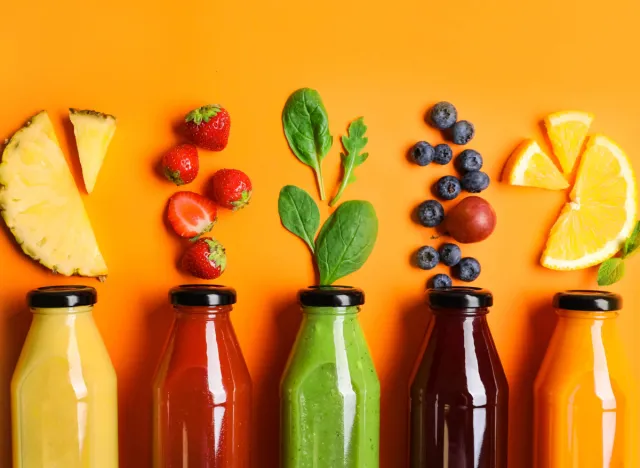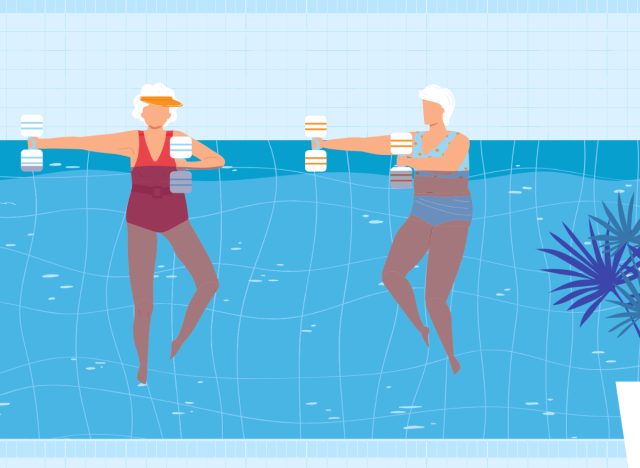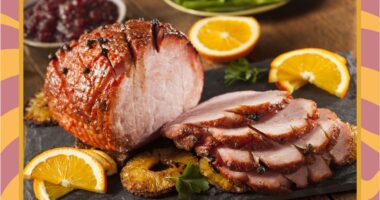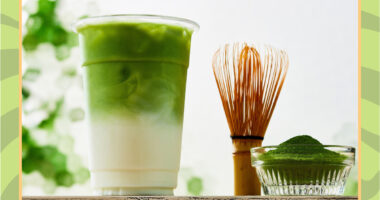The product recommendations in this post are recommendations by the writer and/or expert(s) interviewed and do not contain affiliate links. Meaning: If you use these links to buy something, we will not earn a commission.
Whether or not you’ve tried a cleanse, chances are you’ve heard about them. From juice cleanses to so-called detox cleanses, these days it seems there’s a trendy cleanse for whatever ails you. Some purport to help (or speed up) weight loss; others claim to rid your body of toxins or aid in digestion. But whether you’re trying to lose weight, feeling sluggish after indulging a little too much over the holidays or a vacation, or simply want to kickstart a healthier lifestyle, you may be wondering if a cleanse is right for you.
Full disclosure, I wasn’t necessarily aiming to accomplish any of these things, per se, but as a wellness editor, I thought it was time I tried a cleanse for myself to see what all the hype is about.
And thus I found myself embarking on Remedy Reset Program’s three-day wellness cleanse. Keep reading to learn about my cleanse journey, and when you’re finished, don’t miss The 10 Best Foods to ‘Detox’ Your Body Naturally.
What to know about cleanses
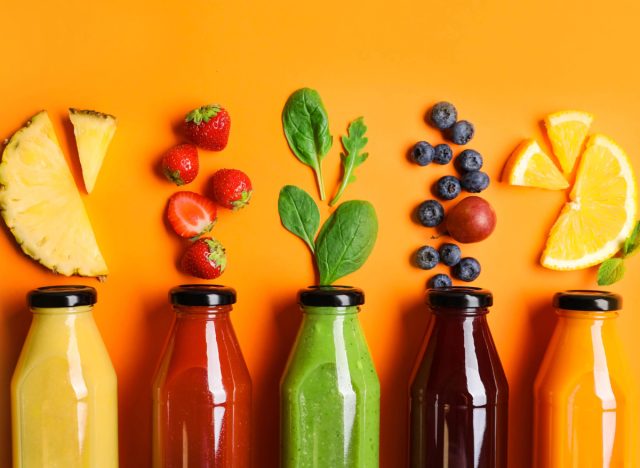
The scientific evidence behind cleanses and detoxes is limited, so I reached out to Amy Goodson, MS, RD, CSSD, LD, a registered dietitian and certified specialist in sports dietetics who sits on our Medical Expert Board, to get her take. “Cleanses come with a variety of health and safety considerations that need to be carefully weighed,” Goodson says. Some of those considerations include the potential for disrupted gut microbiota, dehydration, and blood sugar fluctuations.
“Cleanses are often short-term interventions and are not sustainable,” adds Lisa Young, Ph.D., RDN, the author of Finally Full, Finally Slim, a nutritionist in private practice, and a member of our Medical Expert Board. She encourages you to make your decision carefully when a cleanse is not FDA-approved and stresses, “Educate yourself about the process. Try to eat healthy and consume whole grains, fruits, and vegetables before your cleanse, and always stay hydrated.”
Goodson is personally not a fan of cleanses and says she does not recommend them to her clients. Her reasoning? “There is no real science behind them; it’s mostly based in marketing,” she explains. “The body has its own mechanisms for detoxification, primarily carried out by the liver and kidneys. Even a three-day cleanse can leave you with low blood sugar, feeling fatigued, and dehydrated.”
These are all good reasons to be skeptical, and if you do decide to try a cleanse, it’s important to understand your goals and be mindful of the lack of verifiable science about them. People with certain health conditions should always consult a doctor before making any major changes to their diet.
Remedy Organic’s three-day cleanse
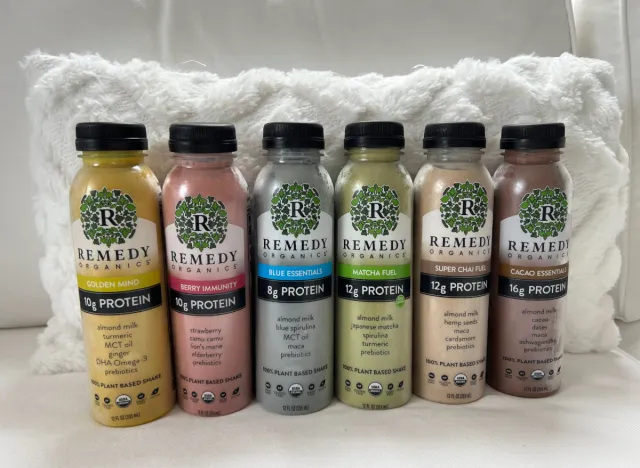
Remedy Organics sent me their three-day wellness program, which is curated by holistic nutritionist Cindy Kasindorf. My kit, which retails for $140 but was provided to me by the brand, came with 18 12-ounce plant-based wellness shakes in six flavors: Berry Immunity, Matcha Fuel, Cacao Essentials, Blue Essentials, Super Chai Fuel, and Golden Mind. It also included 12 2-ounce ‘Immunity+ Shots’ labeled Heal, Energize, Digest, and Protect. The goal of this particular cleanse, according to Remedy Organics, is to boost immunity, focus, energy, digestion, and overall glow.
According to the brand’s website, the wellness shakes are certified organic, certified kosher, and 100% vegan and plant-based. They are also free of gluten, dairy, and soy. The shakes contain certified organic ingredients such as prebiotics (which promote the growth of healthy gut bacteria), botanical herbs, adaptogens, and ayurvedic herbs and spices that promote healing.
The shakes are essentially meal replacements. To be clear, that means you don’t eat any solid food or snacks for the three-day cleanse period—just the shakes and shots. The only addition to the reset is drinking plenty of H2O. The cleanse emphasizes staying adequately hydrated throughout the process with two cups of herbal tea or freshly squeezed lemon water before “meals.” This was no issue for me since I always drink plenty of water.
I consumed one shake and immunity shot each morning (Matcha Fuel and a Protect shot), another set around lunchtime (Cacao Essentials, Blue Essentials, and a Heal immunity shot), a Berry Immunity shake and Energize shot closer to 3 p.m., and two shakes and a shot for dinner (Golden Mind, Super Chai Fuel, and a Digest shot).
Here are my takeaways:
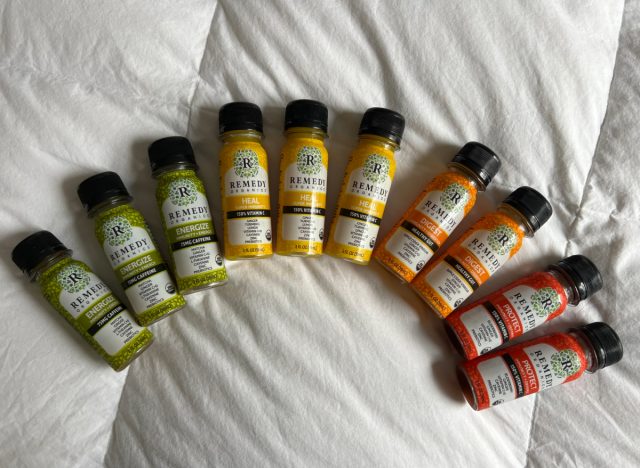
I enjoyed the taste of the shakes—all except one.
I was very concerned about whether I would like the taste, but was pleasantly surprised to find that the drinks resembled freshly prepared smoothies, with the exception of the Berry Immunity, which seemed more functional rather than tasty and satisfying. I liked the Matcha Fuel and Blue Essentials the best and could see myself replacing some of my daily snacks (aka cupcakes and cookies) with these shakes.
I was very, very hungry—or shall I say, “hangry.”
The first day of the cleanse wasn’t too bad. However, after dinner, when I’m typically Netflixing and relaxing, I was really hungry, irritable, and pretty desperate for a snack…or a sandwich. Let’s call it a state of “hangry.” But I was committed to finishing this, so I powered through.
Day two was, as expected, even more challenging; my desire for real food was getting worse. By the time the third day rolled around, frankly, all I could think about was food.
It was hard for me to stay focused on completing the cleanse without cheating—and the fact that I work from home and am therefore always just steps away from my refrigerator did not make it easier. However, I was close to the finish line and managed to successfully complete the three-day cleanse. (That being said, I don’t think I’d be able to tolerate any cleanse that lasts longer than three days.)
The total daily calorie intake on this wellness cleanse is a mere 1,230 calories. I have a very healthy appetite and ordinarily eat three full meals a day plus snacks. I also rarely skip dessert after dinner. I’d estimate that my typical daily calorie intake is closer to the national average of 2,000 calories. Consuming just 1,230 calories was a substantial deficit for me, so it was no surprise that I felt so hungry, or “hangry,” the entire time.
Even if the cleanse isn’t explicitly for weight loss, Goodson says it’s not uncommon for cleanses to substantially reduce your daily calories. “Many cleanses involve severely restricting calorie intake and eliminating entire food groups, leading to deficiencies in essential nutrients like vitamins, minerals, and protein,” she explains. And though it’s well established that losing weight requires operating at a calorie deficit, this may not be healthy (physically or emotionally) for many people.
… But I consumed a healthy amount of protein.
The wellness shakes include anywhere from 8 to 16 grams of protein per shake, in addition to healthy ingredients such as turmeric, which is chock-full of vitamin B6, vitamin C, and antioxidants. I took comfort in knowing that I was getting some solid protein in each “meal.” My average daily recommended protein intake, according to the USDA, is 38 grams. I consumed 68 grams of protein per day by drinking the wellness shakes.
The morning Matcha Fuel gave me a dose of energy.
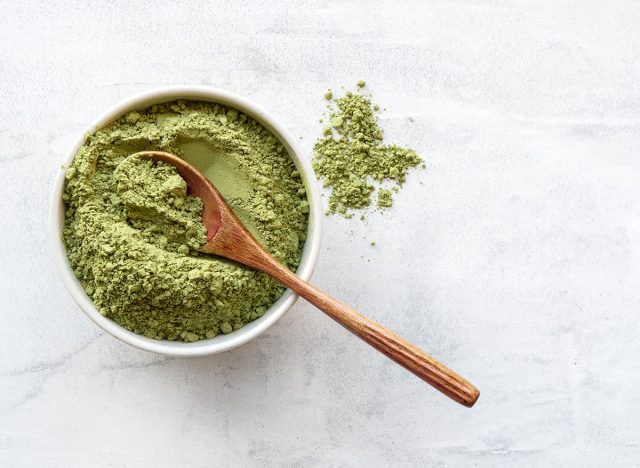
On the one hand, I felt pretty energized after each morning shake, as the Matcha Fuel contains 50 mg of caffeine from the ceremonial grade Japanese matcha. On the other hand, the shake could not compete with the energy boost I usually get (and count on!) from my morning and early afternoon cups of coffee. (For reference, a typical eight-ounce cup of coffee contains anywhere from 80 to 100 mg of caffeine.) My cup of joe helps wake me up and powers me through the day, and the Matcha Fuel didn’t offer the same jolt I’m used to.
I didn’t have the energy to complete my normal two to three-mile walk each day (which I usually do in the afternoon). This prompted me to limit my walks to a mile during my cleanse. As a very active person, this was a major downside for me.
I felt changes in my metabolism.
The cleanse definitely gave my body a good “pre-spring cleaning” and made me feel lighter overall, which I expected, as one of the goals of the cleanse is to “help reset your digestion.” I felt this effect almost immediately on day one. I was taking more frequent trips to the bathroom, and felt (and looked) less bloated overall.
I might be open to trying another cleanse in the future.
I now understand more about cleanses and the hype. I would likely consider doing it again once or twice a year to get back on track, reboot my system, and feel inspired to eat healthier. Although the program didn’t necessarily make me “glow,” and I’m not sure if it gave my immunity a boost, the cleanse did kick my system into high gear and “cleaned me out,” so to speak, throughout the three days.
My best takeaway? I felt incredibly accomplished after completing the cleanse—not because I was proud of having deprived myself of the foods I love, but because it inspired me to renew healthy habits moving forward and gave me a solid mental wellness boost, which isn’t something the Remedy Organics promotes, but was definitely a benefit for me.
The fact that the Remedy Reset Program is only three days long and features shakes rather than juices makes it much more appealing to me. In addition, if I plan to do another reset, I feel it’s more manageable and sustainable to work with a kit that explains exactly what to do. This way, I don’t have to lift a finger or waste time planning or measuring things out (which many other cleanses may require).
Cleanses aren’t for everyone.
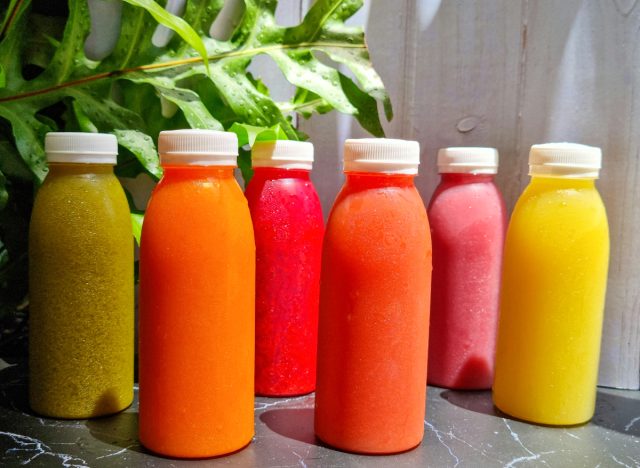
If you decide a structured cleanse is not the right choice for you, Goodson suggests a great alternative: an old-fashioned “cleanse” consisting of wholesome foods such as whole grains, fruits, veggies, beans, seeds, nuts, lean protein, and plenty of water.
“Cut out processed and packaged foods, alcohol, and other beverages, and cook at home versus going out to eat,” she explains. “While less ‘glamorous’ and trendy than a cleanse, this diet ‘jumpstart’ provides your body with nutrients, protein, fiber, and calories, which are all essential for health and energy, plus still allows you to safely participate in activities.”
The bottom line? Do what’s right for you. If you’re not actively trying to lose weight or if you have any preexisting medical conditions, cleansing may not be the right choice, considering the extreme daily calorie limitation. As with any diet or eating plan, it’s always wise to check in with a registered dietitian and/or physician before getting started.

